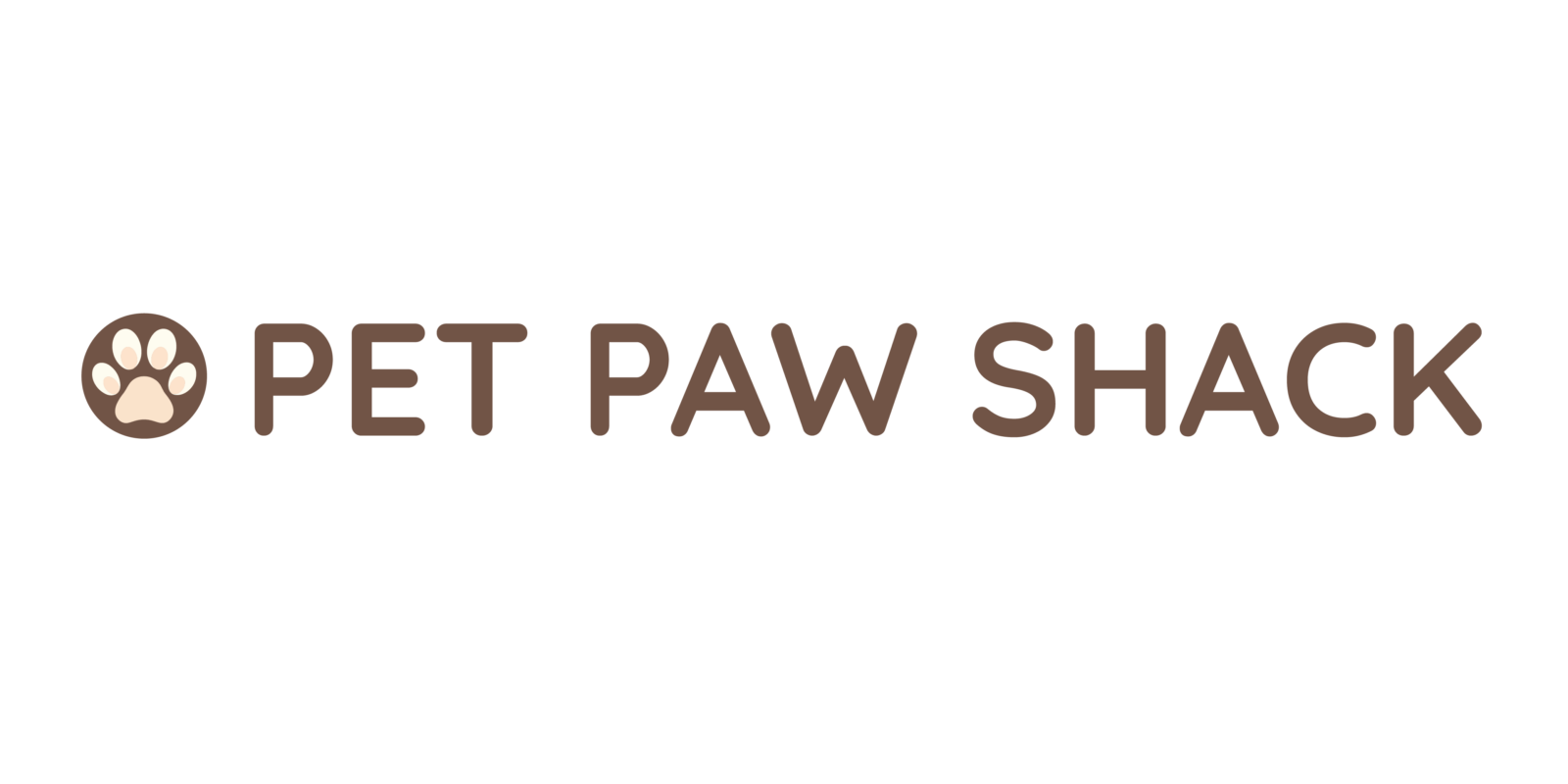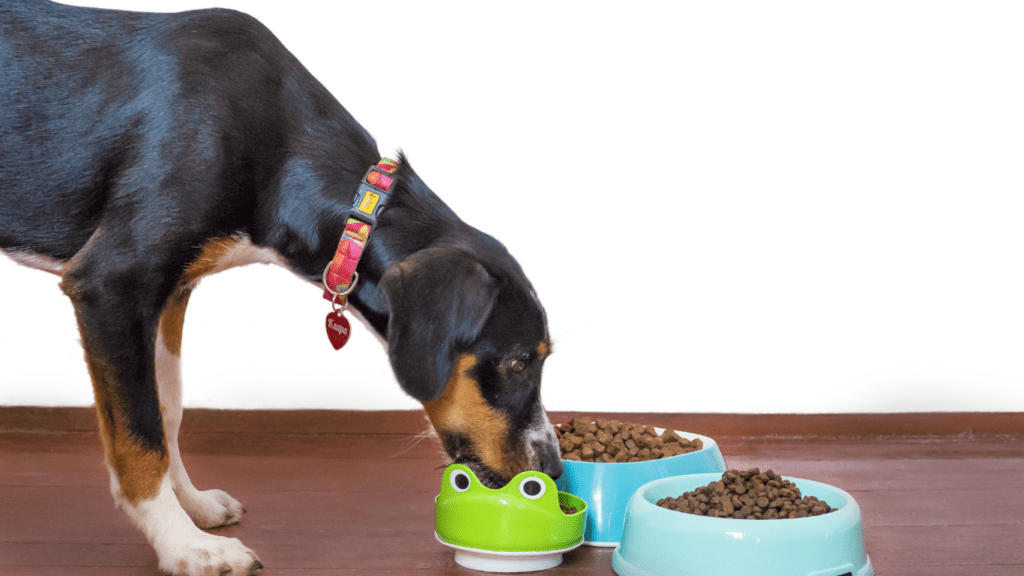The Importance of Pet Nutrition
Good nutrition directly impacts a pet’s overall well-being. Pets require a balanced diet that includes essential vitamins, minerals, and nutrients. These nutrients support various functions, including growth, energy production, and immune system health. Poor nutrition can lead to health issues such as obesity, malnutrition, and chronic diseases.
Pet foods come in various forms, including dry kibble, wet canned food, and raw diets. Each type offers different nutritional benefits. For example, dry kibble can help maintain dental health by reducing tartar buildup. Wet food generally provides more moisture, aiding in hydration. Raw diets aim to mimic natural eating habits and may contain high protein levels.
Veterinarians recommend specific dietary plans tailored to individual pets based on factors like age, breed, and activity level. For instance, puppies and kittens need higher protein and fat levels than adult dogs and cats, supporting growth and development. Senior pets often require diets lower in calories and higher in fiber to maintain a healthy weight and promote digestion.
Pets should be fed appropriate portion sizes to avoid obesity. Overfeeding can lead to excessive weight gain, impacting mobility and overall health. Monitoring a pet’s body condition score helps ensure they maintain a healthy weight.
Pet owners should also be aware of food allergies and intolerances. Common allergens include beef, dairy, wheat, and chicken. Identifying and eliminating allergens from a pet’s diet can alleviate symptoms like:
- itching
- gastrointestinal discomfort
- skin issues
Proper hydration is crucial for pets. Fresh water should always be available, especially for pets consuming dry kibble. Dehydration can lead to serious health problems, including kidney issues.
Understanding pet nutrition helps owners make informed decisions about their pet’s diet, improving their long-term health.
Common Pet Nutrition Myths

Misconceptions about pet nutrition can lead to improper dietary choices. Let’s debunk some prevailing myths to help make informed decisions.
Myth 1: All Commercial Pet Foods Are Harmful
Commercial pet foods often get a bad rap. In reality, many reputable brands provide balanced, nutritious options formulated by veterinary nutritionists. These diets offer essential vitamins, minerals, and nutrients that promote pets’ well-being. Bad quality commercial foods exist, so it’s vital to select products that meet AAFCO standards and consult with a veterinarian.
Myth 2: Grain-Free Diets Are Always Better
Grain-free diets have gained popularity but don’t necessarily offer superior health benefits for all pets. Grains such as rice, barley, and oats provide essential nutrients and can be part of a balanced diet. Some pets may have grain allergies; in those cases, grain-free may be beneficial. However, without a confirmed allergy, there’s no need to avoid grains entirely.
Myth 3: Raw Diets Are Superior
Raw diets claim to offer more natural nutrition, yet they come with significant risks. Raw foods can harbor pathogens like Salmonella and E. coli, posing health risks to pets and owners. Veterinarians generally recommend high-quality commercial diets or correctly balanced, cooked homemade diets over raw options due to these safety concerns.
Myth 4: Homemade Diets Are Safer
Homemade diets give control over ingredients but aren’t automatically safer or healthier. Many homemade diets lack the necessary balance of nutrients, potentially leading to deficiencies or excesses. Consulting with a veterinary nutritionist to formulate a complete and balanced homemade diet is crucial to ensure pets receive the essential nutrients for optimal health.
Evaluating Nutritional Information
Understanding pet nutrition involves looking past popular myths and scrutinizing credible data. Here, I focus on essential elements to analyze nutritional details effectively.
Understanding Pet Food Labels
Pet food labels provide critical information about nutrients. The guaranteed analysis section lists minimum and maximum percentages of key nutrients. For example, crude protein, fat, and fiber levels help gauge a food’s nutrient profile. Ingredients listed by weight reveal the primary components. AAFCO statements confirm adherence to established standards, ensuring the food meets basic nutritional requirements. Understanding terms like “complete and balanced” helps identify products that provide a full range of essential nutrients.
Recognizing Credible Sources
Verifying sources is key to accurate pet nutrition. Information from veterinary nutritionists holds more weight than anecdotal advice. Peer-reviewed studies published in scientific journals, like the Journal of Animal Science, present reliable data. Websites ending in .edu or .gov are generally more trustworthy. Consulting resources like the Pet Nutrition Alliance offers reputable guidance. Recognizing these credible sources helps make informed decisions.
How to Make Informed Decisions
Making informed decisions about pet nutrition is crucial for your pet’s well-being. Evaluating credible sources and consulting experts are key strategies.
Consulting Veterinary Professionals
- Veterinary professionals possess specialized knowledge in animal health and nutrition.
- Seeking advice from a qualified veterinarian provides tailored recommendations based on your pet’s specific needs.
- Veterinarians can interpret complex nutritional data and identify potential red flags in pet food.
- Additionally, they can recommend reputable brands and dietary plans that align with your pet’s health requirements.
Observing Your Pet’s Health
- Regularly monitoring your pet’s health is essential for assessing the effectiveness of their diet.
- Look for indicators like coat condition, energy levels, and digestive health.
- Any noticeable changes or issues should prompt a review of their diet and consultation with a veterinary professional.
- Tracking these health metrics enables you to make data-driven adjustments, ensuring your pet maintains optimal health.



 Lead Pet Behavior Specialist
Brian Camacho is an expert in pet behavior and training at Pet Paw Shack. With a deep understanding of animal psychology, he specializes in helping pets and their owners build strong, healthy relationships through positive reinforcement techniques. Brian’s innovative approach to training focuses on making behavior modification a fun and rewarding experience for both pets and their families.
Lead Pet Behavior Specialist
Brian Camacho is an expert in pet behavior and training at Pet Paw Shack. With a deep understanding of animal psychology, he specializes in helping pets and their owners build strong, healthy relationships through positive reinforcement techniques. Brian’s innovative approach to training focuses on making behavior modification a fun and rewarding experience for both pets and their families.
